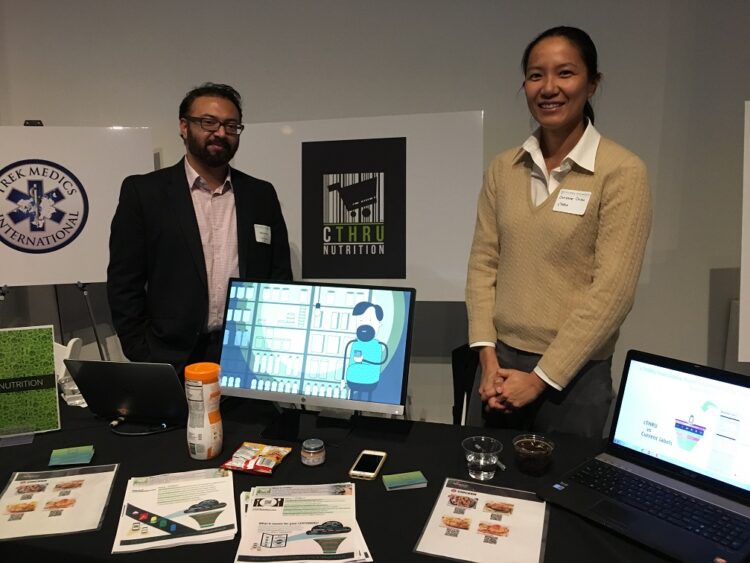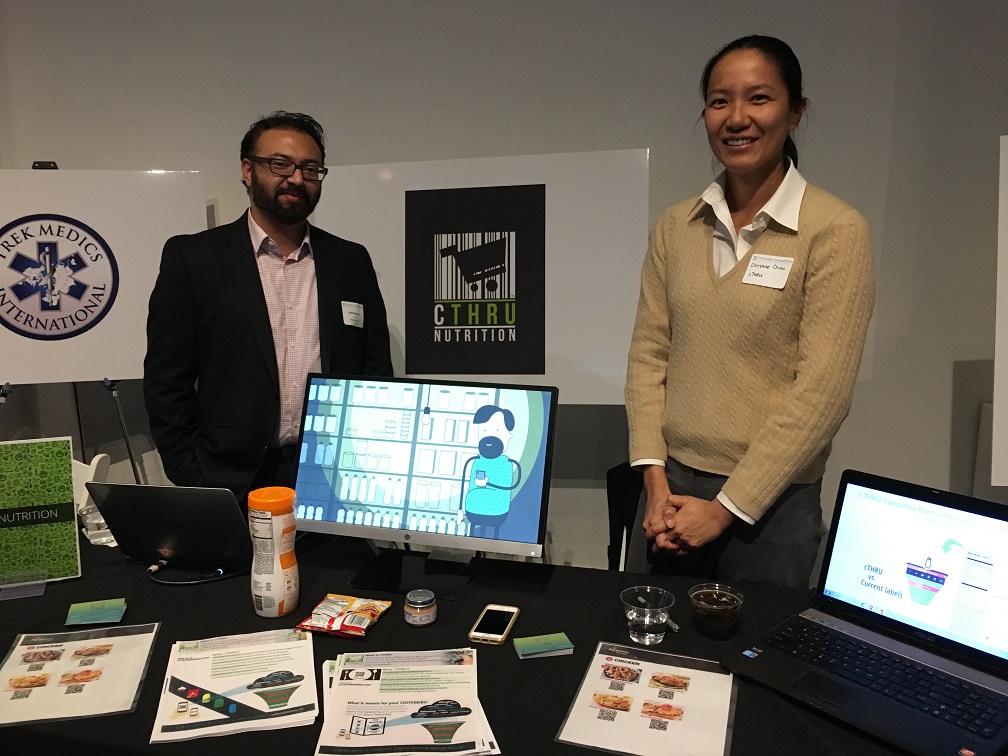Recently, Columbia Engineering in partnership with Columbia Alumni Association, hosted the NYC Entrepreneurship Night. The event included a panel on the future of food sustainability and gave brilliant start-ups the chance to present themselves.
The food industry needs to change in order to be able to feed a steadily growing population. This was the key lesson from the panelists: Dickson Despommier, Public Health Professor at Columbia University; Adnan Durrani President of Condor Ventures, Inc., a firm devoted to strategic investing in natural food companies; David Rosenberg, a serial entrepreneur; and Sonny Wu, MD of GSR Ventures that focuses on investments in new energy sectors.
The food industry is changing.
The food industry becomes more global every day. Today you can travel the world without moving thanks to Try The World, a NY-based startup that delivers chef-curated selections of artisanal gourmet products from all over the world to your home. In each box you’ll find a Culture Guide with stories on each product, as well as recipes and tips to best experience the country’s culinary culture. To explore the world in the City, a few blocks away from Bryant Park, you can’t miss the pop-up store Mr. Bing, one of the first “grab-and-go” fast food concepts to emerge from China and land in America with Beijing-style crepes.
The food industry is becoming more and more conscious. cTHRU is the new app that acts as a personal nutritionist at your fingertips. How many hours do you spend at the supermarket or restaurant perusing food labels or menu items trying to decide which foods are best for you? Not only if you’ve allergies, but for the pure sake of eating well and knowing what you’re ingesting. cTHRU allows you to scan product barcodes or look for specific meals to discover everything about them and know if they’re good for you.
Talking about social impact business it is worth mentioning two non food-related startups that were present at the NYC Entrepreneurship Night. The first is Meritam, a high-performance, low cost, software-based investment advisor for nonprofits. It provides investment solutions designed specifically for nonprofit reserves, endowments, and other long-term assets. The company does this by using technology to optimize risk and asset allocation, and using only low cost index products, such as ETFs, for investments. A mention also goes to Trek Medics International, which is devoted to improving emergency medical systems in communities with limited access to emergency care and transport. They leverage available resources and coordinate them through an innovative software, a text message-based emergency medical dispatching platform designed specifically for communities that can’t afford advanced “911” technologies. Trek Medics currently has active programs in the Dominican Republic and Tanzania and has received generous support from partners including Google and USAID.
The food industry is becoming more social, with a good mix of sociability and consciousness. DinersCode is an app that grants its members free restaurant perks in selected bars and restaurants in New York City. It’s a social app to be enjoyed with friends since the more people sign-up the more is donated to No Kid Hungry, which fights child hunger in America. There is also Sharebite, a food-ordering platform to discover dishes, order takeout, and make a social impact. It’s not only the first social food-ordering platform on the market, but it’s also looking to end childhood hunger locally by sharing a meal with a child facing hunger for each meal that is ordered on its platform. Finally, there is Share the Meal, an app launched by the World Food Programme to fight child hunger at a global level.



